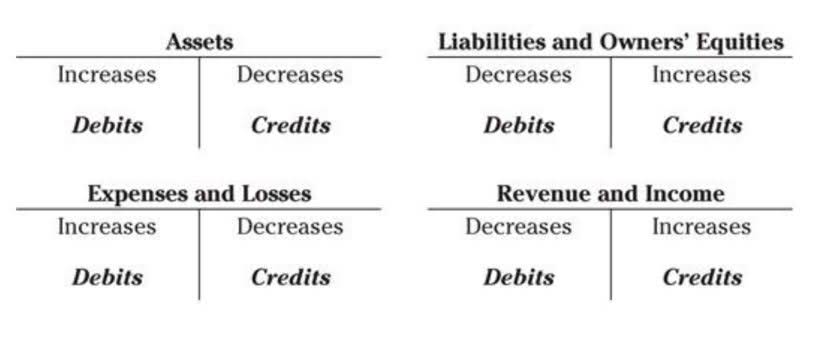Restaurant Bookkeeping: The Ultimate, Easy to Follow Guide

KPIs are what you’ll obsess over as a business owner – they dictate the financial outlook of your restaurant. Your financial forecast gives you a rough estimate of how much revenue you’ll generate in the future. Revenue reports display total expected revenue for a period and how the revenue is split between food and drink. You can use revenue reports as a financial projection tool to anticipate how much revenue you’ll generate in the future.
Use accounting software

Streamlining the accounts payable process into an AP automation allows you to quickly capture paper and electronic invoices and route them through customized workflows for approvals. Once the invoices are processed, payments can be sent directly and securely through the same dashboard. AP automation is particularly important for growing restaurant companies that need to scale up operations without greatly increasing accounting overhead. Restaurants usually—and should—keep the cost of their food to approximately 33% of their total sales.
Setting Up Your Books
This includes meticulous documentation and adherence to tax regulations governing tip reporting. Managing a restaurant requires proper bookkeeping practices, including logging accounts receivable and payable so you can identify whether you’re reaping a profit or not. In addition to keeping up with your financial records, you should be able to interpret the data and communicate the key information to your team so everyone is on the same page.
- Build a great team and reduce turnover with our line up of employee management tools.
- Accounts payable are what you owe to vendors, etc., for the products or services they provide.
- Many find using QuickBooks for restaurants is an effective recording system.
- With this method, you record income when you receive it and expenses when you pay them.
- Toast POS is a leading point of sale system with a suite of features that allow you to set up tableside order and pay options, manage your online menu, and create a no-contact guest experience.
Tip Reporting and Gratuity Management
Your cash flow statement dissects how well your venue generates cash to fund your expenses. Restaurants have KPIs, reports, and business and tax structures that are unique to the restaurant industry. Not all industries have to deal with tips, weekly reporting periods, and hyper-sensitive labor and inventory metrics. Since accounting is complicated and the restaurant industry is unique, the professional you choose should be an expert in both.
By tracking your financial statements and recording transactions daily, you can catch them early on and avoid making mistakes in the future. For example, how to do bookkeeping for a restaurant you can set a goal to reduce expenses or increase revenue. You can use your financial data to budget and plan your restaurant’s long-term success.